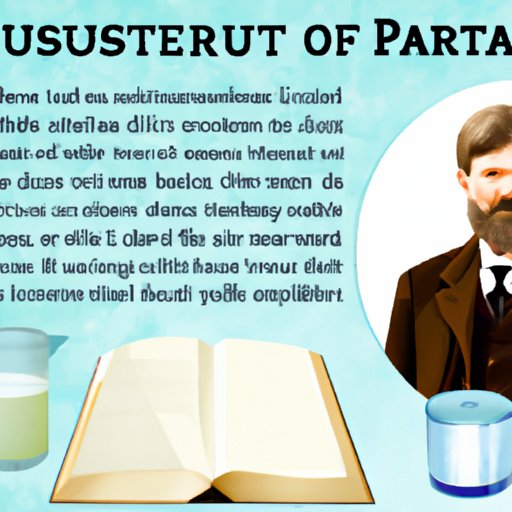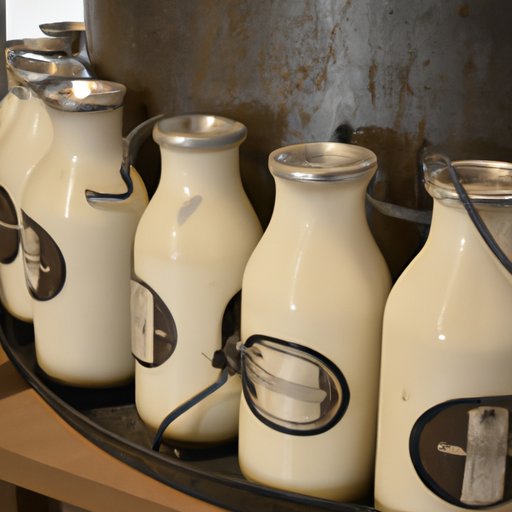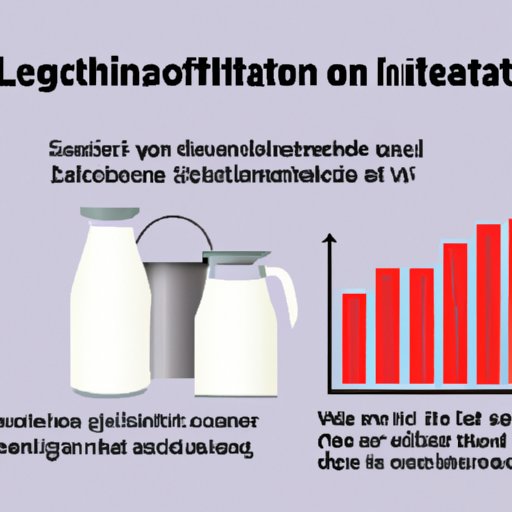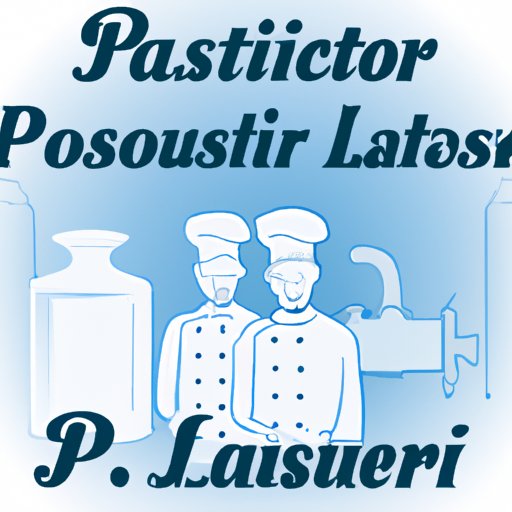Introduction
Pasteurization is a process used to kill harmful bacteria in food products, most commonly in dairy products such as milk and cheese. This process was invented in the mid-19th century by French scientist Louis Pasteur. The process of pasteurization has had an immense impact on the world of food preservation, health, and safety, and is still widely used today.

Short Biography of Louis Pasteur – Exploring His Invention of the Process of Pasteurization
Louis Pasteur was born in Dole, France, in 1822. He came from a family of tanners and vintners, and was raised in a Catholic household. From a young age, he showed an aptitude for science, and attended the Royal College of Besançon at the age of 17. After graduating, he continued his studies at the École Normale Supérieure in Paris.
It was during his time at the École Normale Supérieure that he began to focus on chemistry and microbiology. He made several important discoveries regarding fermentation, including the fact that fermentation is caused by microorganisms. He also developed a vaccine for anthrax and rabies, which earned him international recognition and acclaim.
In 1865, Pasteur discovered the process of pasteurization, which he first tested on wine. He later expanded his experiments to include milk, and developed a method for heating milk to kill harmful bacteria. This process is now known as pasteurization.

The History and Science Behind Pasteurization
Pasteurization works by heating food products to a specific temperature for a set amount of time. This kills germs, viruses, and other harmful organisms, while preserving the flavor and nutritional value of the product. The process of pasteurization does not make food sterile, but it does reduce the risk of foodborne illnesses.
According to a study published in Food Control, “pasteurization is considered the most effective food preservation technology that has been used since the late 19th century.” The study goes on to explain that pasteurization has many benefits, including improved shelf life, reduced risk of foodborne illnesses, and improved quality of food.
How Pasteurization Changed the World of Food Preservation
Before the invention of pasteurization, food preservation was limited to salting, smoking, and pickling. These methods were not always effective, and could lead to spoilage and contamination. With the invention of pasteurization, food products could be stored for longer periods of time without fear of contamination or spoilage.
After the introduction of pasteurization, food safety standards began to improve. Many food products, such as milk, cheese, yogurt, and ice cream, could now be safely stored for longer periods of time. This allowed for increased production and transportation of food products, leading to more efficient distribution of food around the world.

The Impact of Pasteurization on Health and Safety
Pasteurization has had a major impact on health and safety. By eliminating harmful bacteria, pasteurization has drastically reduced the risk of foodborne illnesses. According to a study published in The Lancet, “pasteurization of milk has been estimated to prevent up to 1.5 million cases of foodborne illnesses annually.”
Pasteurization has also improved the quality of food. By eliminating harmful bacteria, pasteurized food products are fresher and have a longer shelf life. This has allowed for safer consumption of food products and has improved public health.
Exploring the Life and Legacy of Louis Pasteur, Inventor of Pasteurization
Louis Pasteur was awarded numerous honors throughout his lifetime, including the Legion of Honor, the Copley Medal, and the Albert Medal. He was also inducted into the French Academy of Sciences and the Royal Society of London.
His legacy continues to live on through his invention of pasteurization. Pasteurization is still widely used today, and is an essential part of food preservation and safety. Without pasteurization, foodborne illnesses would be much more prevalent, and the quality of food products would be significantly lower.
Conclusion
Louis Pasteur was a brilliant scientist who changed the world with his invention of pasteurization. He dedicated his life to scientific research and discovery, and his legacy lives on through his invention of pasteurization. The process of pasteurization has had an immense impact on food preservation, health, and safety, and is still widely used today.
(Note: Is this article not meeting your expectations? Do you have knowledge or insights to share? Unlock new opportunities and expand your reach by joining our authors team. Click Registration to join us and share your expertise with our readers.)
